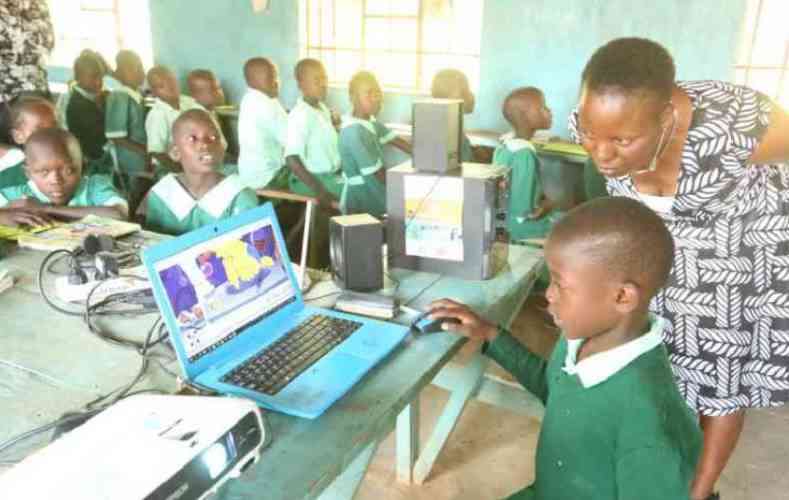×
The Standard e-Paper
Fearless, Trusted News

Education stakeholders are urging the government to prioritise policies that promote equity over equality in the education sector.
The lobbyists say current policies, including the recent education funding model, lean towards equality and fail to adequately address equity gaps.